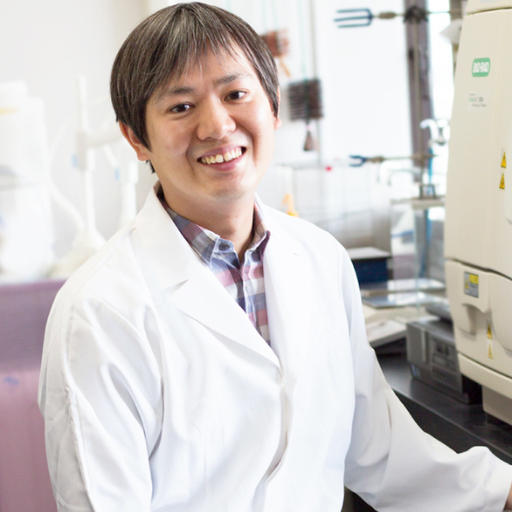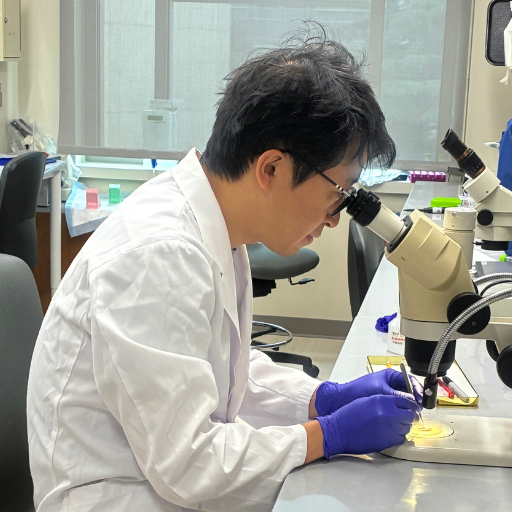Antibody Specificity Repertoire Characterization in AMD

Principal Investigator
Patrick Daugherty, PhD
University of California, Santa Barbara
Santa Barbara, CA, USA
About the Research Project
Program
Award Type
Standard
Award Amount
$160,000
Active Dates
July 01, 2016 - June 30, 2018
Grant ID
M2016219
Goals
The immune system is involved in the development of age-related macular degeneration (AMD). The objective of this project is to identify molecular targets of the immune response in AMD. The large set of antibodies circulating in blood will be comprehensively analyzed to identify antibodies that occur in AMD, and that will allow us to identify organisms from the environment that produce antibodies present in individuals with AMD.
Summary
The objective of this study is to characterize the changes in the immune response as individuals develop age-related macular degeneration (AMD). The end result of this effort will be to develop diagnostics for early detection. To accomplish this, we will identify collections of peptides that bind to antibodies in the blood of subjects with AMD, but not to those from unaffected controls. The molecular fingerprints of these antibodies will be determined in high resolution using modern DNA sequencing and computational analysis. This process will reveal a set of individual antibody species, defined by the peptides they bind to, that occur exclusively or primarily in AMD. Our second goal is to maximize the resolution of antibody fingerprints.
To accomplish this we will apply molecular evolution methods to the peptides that bind most exclusively to antibodies from AMD subjects. Successful completion of this objective will reveal individual peptide sequences that bind to antibodies in a maximal number of AMD subjects, but not to those in healthy controls, thereby providing potential reagents to develop a diagnostic test. Our final objective for this project is to identify the antigens that are bound by the antibodies that occur in AMD. These antigens can be from proteins within the human body (ie, autoantigens) or could potentially be from environmental organisms. We will attempt to identify the antigens using a combination of bioinformatic computational methods and biochemical assays.
Completion of this research study will reveal whether particular antibodies occur uniquely in individuals with AMD and whether these antibodies change over time as the disease progresses. Second, this study may result in a panel of peptides that enables diagnosis of AMD in a blood test, or prediction of disease progression to vision loss and neovascularization. Finally, our study may identify the targets of the antibody response in AMD and could reveal a potential role for antibodies in the pathogenesis of AMD.
Related Grants
Macular Degeneration Research
How Aging of the Immune System Affects Age-Related Macular Degeneration
Active Dates
July 01, 2025 - June 30, 2028

Principal Investigator
Masayuki Hata, MD, PhD
Current Organization
Kyoto University
How Aging of the Immune System Affects Age-Related Macular Degeneration
Active Dates
July 01, 2025 - June 30, 2028

Principal Investigator
Masayuki Hata, MD, PhD
Current Organization
Kyoto University
Macular Degeneration Research
Microglia’s Roles in AMD to Inform Therapies for Vision Loss Prevention
Active Dates
July 01, 2025 - June 30, 2027

Principal Investigator
Nobuhiko Shiraki, PhD
Current Organization
Duke University School of Medicine
Microglia’s Roles in AMD to Inform Therapies for Vision Loss Prevention
Active Dates
July 01, 2025 - June 30, 2027

Principal Investigator
Nobuhiko Shiraki, PhD
Current Organization
Duke University School of Medicine
Macular Degeneration Research
The Novel Role of an Intracellular Nuclear Receptor in AMD Pathogenesis
Active Dates
July 01, 2024 - June 30, 2026

Principal Investigator
Neetu Kushwah, PhD
Current Organization
Boston Children’s Hospital
The Novel Role of an Intracellular Nuclear Receptor in AMD Pathogenesis
Active Dates
July 01, 2024 - June 30, 2026

Principal Investigator
Neetu Kushwah, PhD
Current Organization
Boston Children’s Hospital


